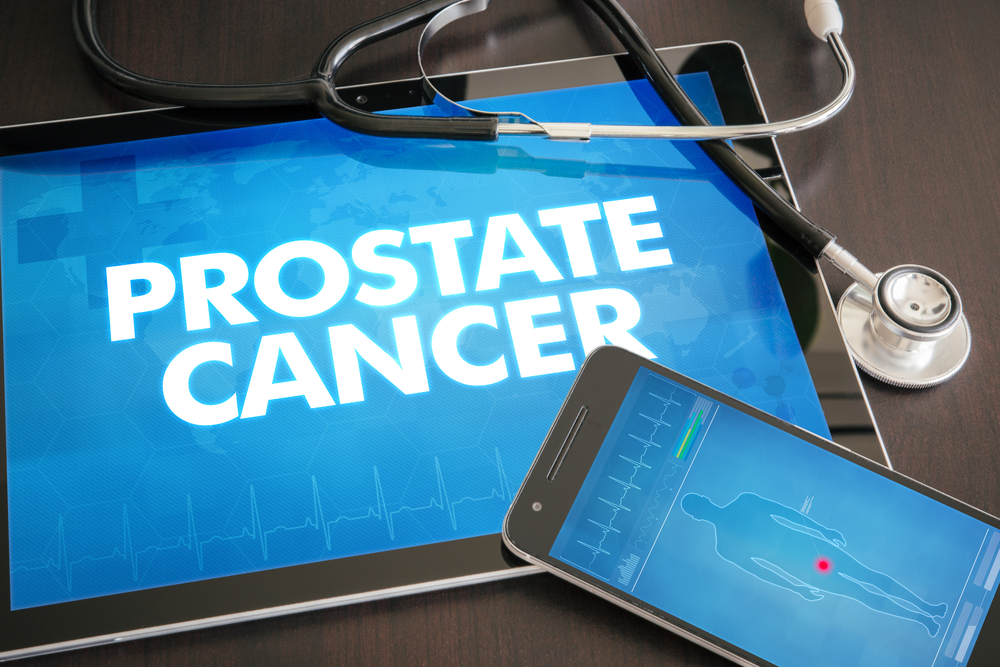What is the Prostate?
The prostate is a gland found only in males, located between the bladder and the penis, in front of the rectum. The prostate secretes fluid that nourishes and protects sperm. During ejaculation, the prostate squeezes the fluid into the urethra, where it’s expelled as semen. The urethra, which carries urine and semen out through the penis, goes through the center of the prostate.
The prostate is approximately the size of a walnut in younger men but can grow to be much larger in older men.
What is PSA?
A simple blood test measures prostate-specific antigen (PSA) levels. PSA is a protein produced in the prostate gland. Traditionally, a high PSA – 4 and above – is considered to be a potential marker for cancer. However, research now indicates that an elevated PSA is not a reliable cancer marker.
PSA can be elevated for several reasons, including:
- Prostatitis (inflammation of the prostate).
- Benign prostatic hyperplasia (enlargement of the prostate).
- Urinary tract infection (which may irritate the prostate, causing it to produce more PSA).
Furthermore, research also indicates that men with a low PSA can have prostate cancer. When this cancer goes undetected it can metastasize – or spread – throughout the body.
How do you Screen for Prostate Cancer?
Just like with breast cancer, the only way to effectively determine whether or not prostate cancer is present is by looking. And the most accurate way to view the entire prostate is through MRI imaging.
MRIs are a highly accurate, non-invasive technology used to determine the presence of cancer in the prostate. During an MRI screening, men will lay in the machine for approximately 30 minutes while highly specific pictures are taken of the prostate. There are no needles, no contrast and no side effects to MRI screenings.
A radiologist then reads the images to determine whether or not cancer is present. Usually, the radiologist is off-site and/or they read a collection of MRIs at the end of the business day. At Busch Center, we have a visible radiologist who is present to sit with patients immediately following their scan to review and explain the results. This greatly reduces the waiting and wondering for men and their loved ones.
Busch Center empowers men with knowledge and confidence to own their health care journey. We ensure that our patients and their loved ones feel comfortable, are educated about the process, and are informed about the next steps.

